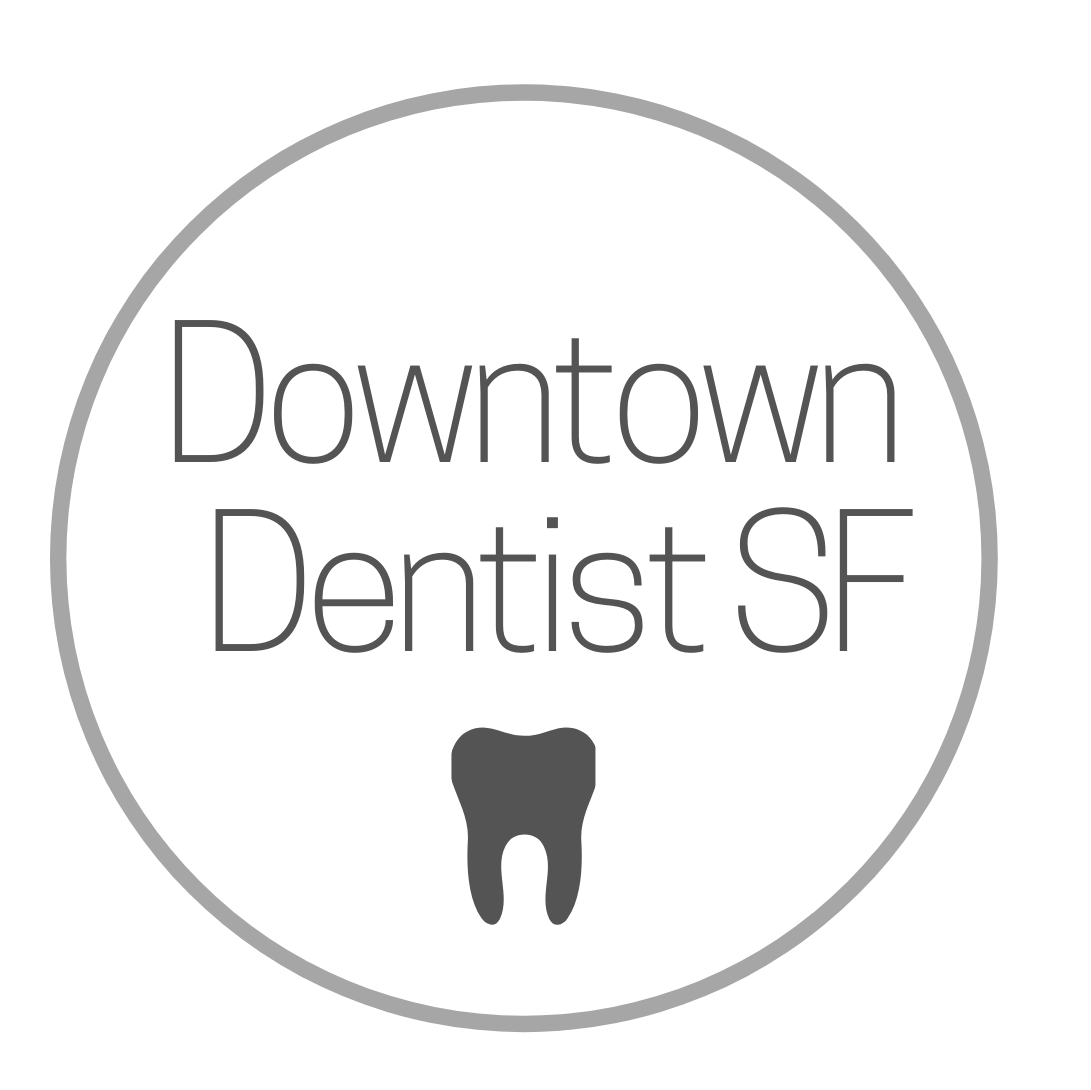Dental Decay: Why We Have It and How to Prevent It
Dental decay is a condition we fight with every single day. Our diet, underlying medical conditions, stress level and dental hygiene habits are all contributing factors that can lead to dental decay(dental caries). Understanding this oral condition and how to avoid suffering from it can help you improve and maintain your oral health.
What Is Dental Decay?
Dental decay occurs when the enamel (outer layer) of your teeth is destroyed by cariogenic bacteria and the same bacteria enters and destroys the dentin structure (inner layer of teeth). Enamel is the protective coating on the teeth that keeps the more sensitive part(dentin) of the tooth from becoming harmed. Dental Plaque is a sticky, soft coating that builds up on teeth and contains millions of bacteria, their byproducts and various particles of food and fluids. As plaque builds up, more bacteria populates the surrounding teeth environment. The accumulating bacteria produce acids that weaken enamel which ultimately leads to dental decay. Furthermore, certain strains of bacteria in the dental plaque can also cause the early stage of gum disease called gingivitis. If left untreated gingivitis can lead to more oral health complications such as periodontal disease (gum and bone disease). Dental plaque can also contribute to bad breath and discoloration of teeth.
Generally dental plaque is constantly forming in the mouth, which is why it is so important to brush thoroughly at least twice a day and floss daily.
How to Prevent Dental Decay
The best way to prevent dental decay is to take care of your teeth’s enamel and visit your dentist every six months for an exam and cleaning. Follow these tips to ensure the enamel of the teeth stays healthy:
Avoid sticky carbohydrates high in sugar level such as candy, cakes, icecream. If sticky foods are eaten, brush your teeth soon afterwards.
Brush minimum twice a day with a fluoride toothpaste.
Floss daily to remove bacteria from in between the teeth.
Eat nutritious meals and avoid snacking.
Ask the dentist for a supplemental fluoride or sealants
Visit your dentist every 6 months for a checkup and cleaning.
